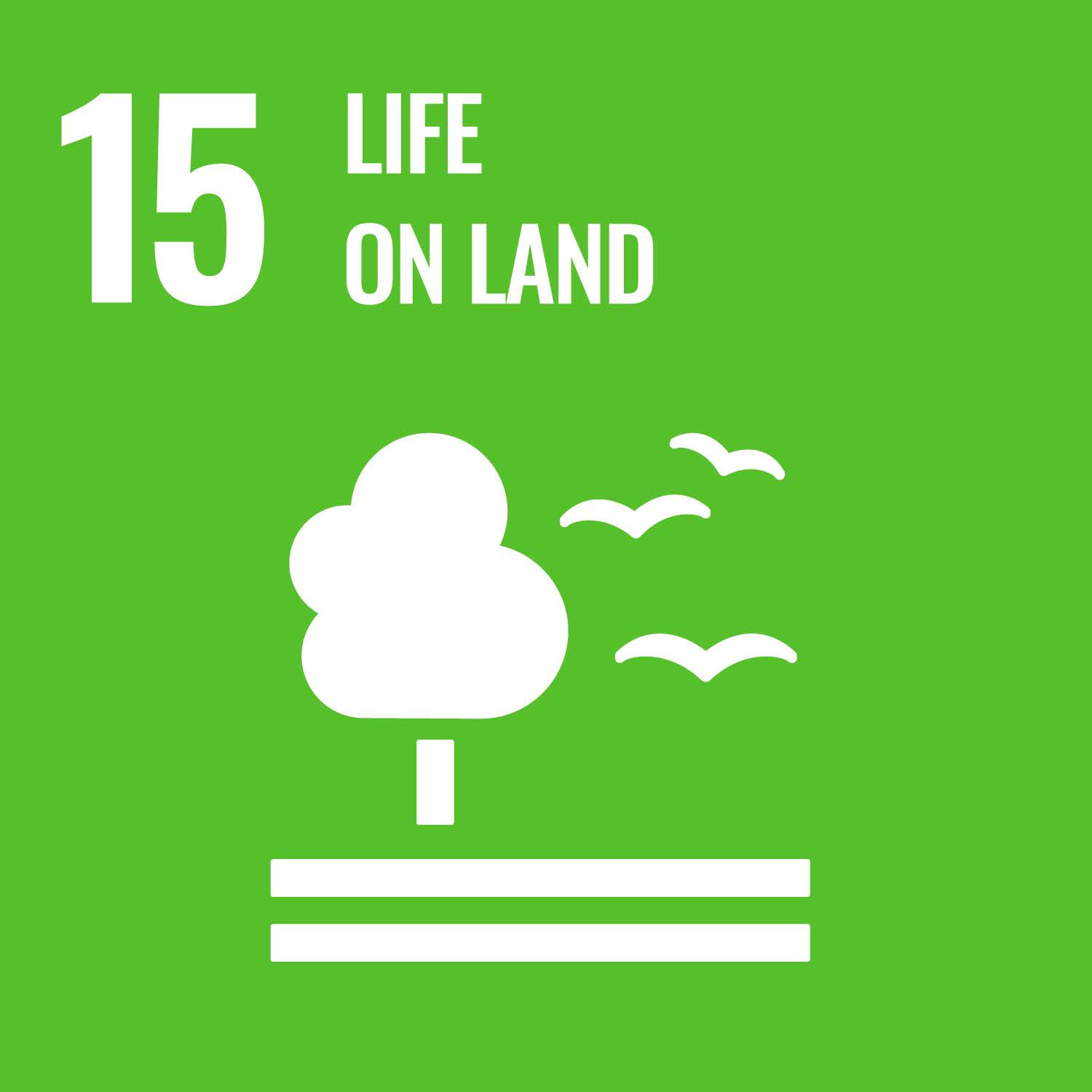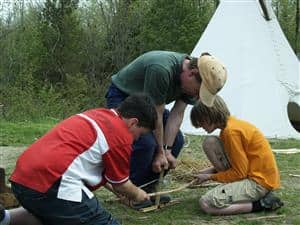Throughout history and around the world, people have skillfully found ways of providing food, warmth, shelter, and community; all without the aid of modern conveniences. From plant identification to fire-making, students learn how various Indigenous cultures survived in the ofttimes harsh northern conditions of this land. How better to learn about traditional living than by trying out some of these life-sustaining skills?
Environment Centre Program
Traditional Skills
Resources:
Looking to infuse indigenous perspectives into your teaching? This helpful guide from
the University of Toronto is a great place to start!
Infusing Indigenous Perspectives in K-12 Teaching:
https://guides.library.utoronto.ca/indigenouseducation/lessonplans
• Braiding Sweetgrass for Young Adults: Indigenous Wisdom, Scientific Knowledge, and
the Teachings of Plants, Written by Robin Wall Kimmerer and Adapted by Monique
Gray Smith
• Want to learn more about local plant species and how to integrate them into your
garden? ‘In Our Nature’ has some great resources to get you started with your design.
https://www.inournature.ca/resources
Post Visit Activities: (if applicable)
Curriculum Links:
First Nations, Métis and Inuit Studies
• Grades 9-12
Canadian and World Studies
• Grades 9-10
Social Studies, History, and Geography
• Grades 6 - Social Studies: Heritage and Identity
• Grade 7 - History: Heritage and Identity and Geography: Physical Patterns in a
Changing World
• Grade 8 - Global Settlement: Patterns and Sustainability
* Curriculum links for this program are based on “The Ontario Curriculum, Grades 1-8: Science and Technology“
Feel free to contact us about modifying programs to suit older or younger students.
Pathway to Stewardship & Kinship
Landmarks
17. Try a New Sport, Craft, and Survival Skill
19. Explore Biodiversity
25. Develop Three New Outdoor Skills
United Nations Sustainable Development Goals (SDGs)


